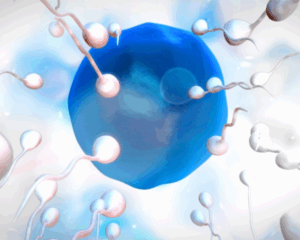
Prolistem for Non-Obstructive Azoospermia: A Comprehensive Guide
Prolistem for non obstructive azoospermia, Non-obstructive azoospermia (NOA)

Testosterone Inhibition of Spermatogonial Differentiation and Male Infertility Treatment
Testosterone can inhibit spermatogonial differentiation, the process by which stem cells in the testis develop into mature sperm. This inhibition can occur under various pathological conditions like testicular irradiation, chemotherapy, and cryptorchidism, where testosterone levels remain normal or even elevated, but spermatogenesis is impaired. The article suggests that testosterone might act at an extra testicular site, such as the pituitary gland, inhibiting gonadotropin production, which is essential for sperm development.
Key Points:
Implications for Male Infertility Treatment:
The study highlights a crucial finding for treating male infertility. If testosterone indeed inhibits spermatogonial differentiation, reducing its levels using GnRH analogs could serve as a treatment strategy. GnRH analogs could reduce the secretion of gonadotropins, stimulating spermatogenesis and potentially restoring fertility in men affected by this condition. However, careful consideration and further clinical trials are necessary to confirm the safety and effectiveness of such treatments.

Prolistem for non obstructive azoospermia, Non-obstructive azoospermia (NOA)

Introduction Male infertility, especially caused by azoospermia, affects

We are proud to have participated in the

Introduction: A New Hope in Male Infertility Treatment
Prolistem®, a patented male fertility formula for azoospermia and zero sperm count, has not been evaluated by the Food and Drug Administration. This product, designed to support sperm production restoration and male infertility treatment, is not intended to diagnose, treat, cure, or prevent any disease.
PROLISTEM® is a Patented Formula
Copyright © 2025 Prolistem®